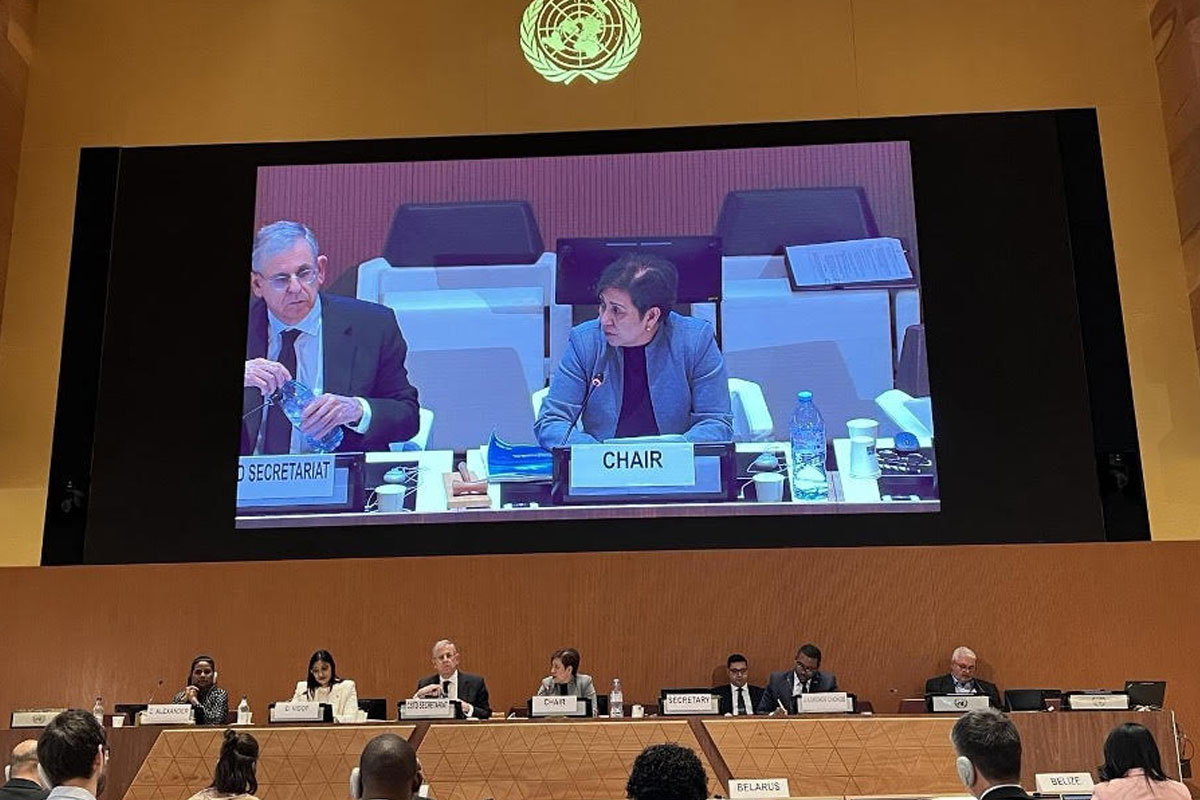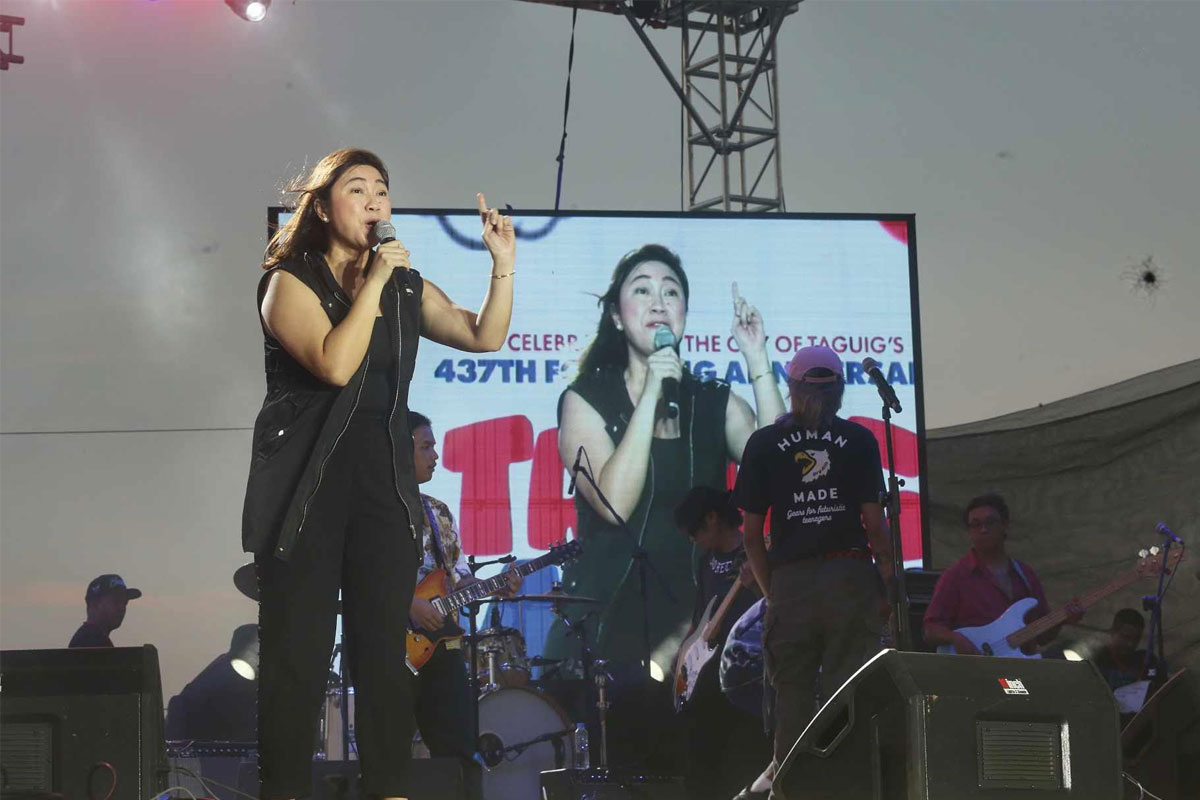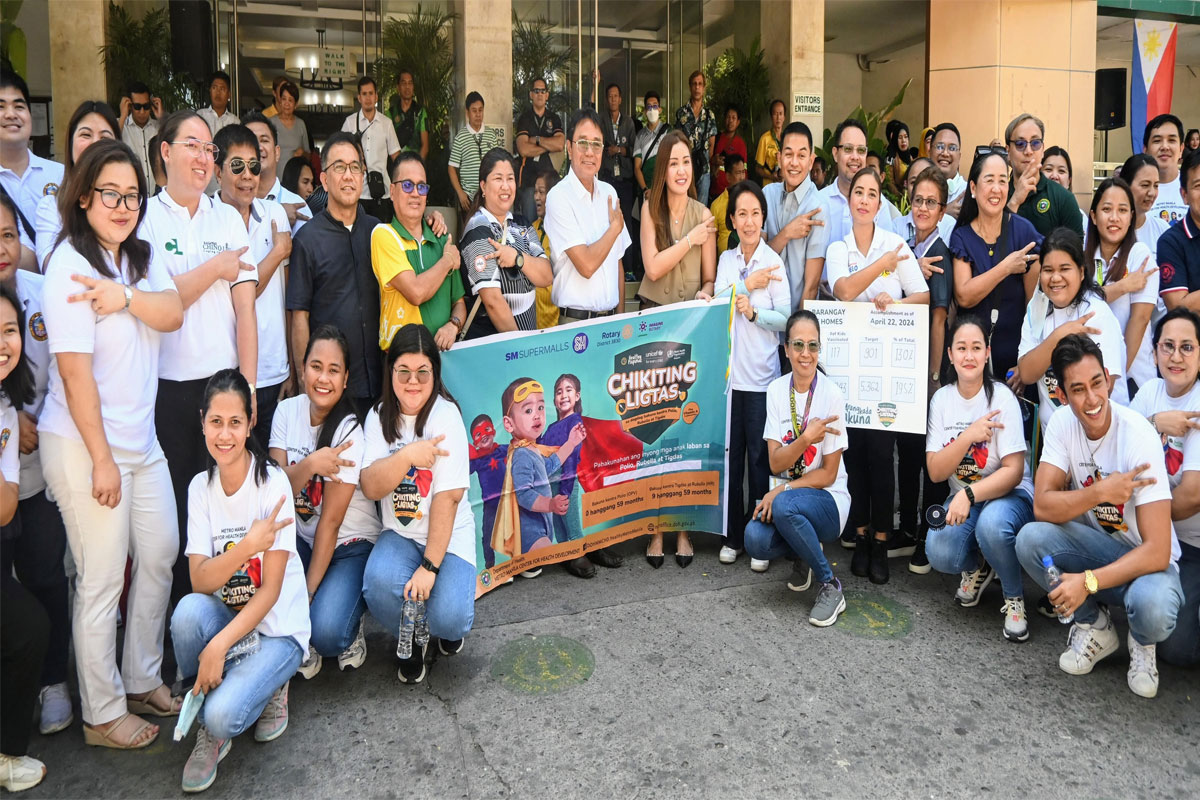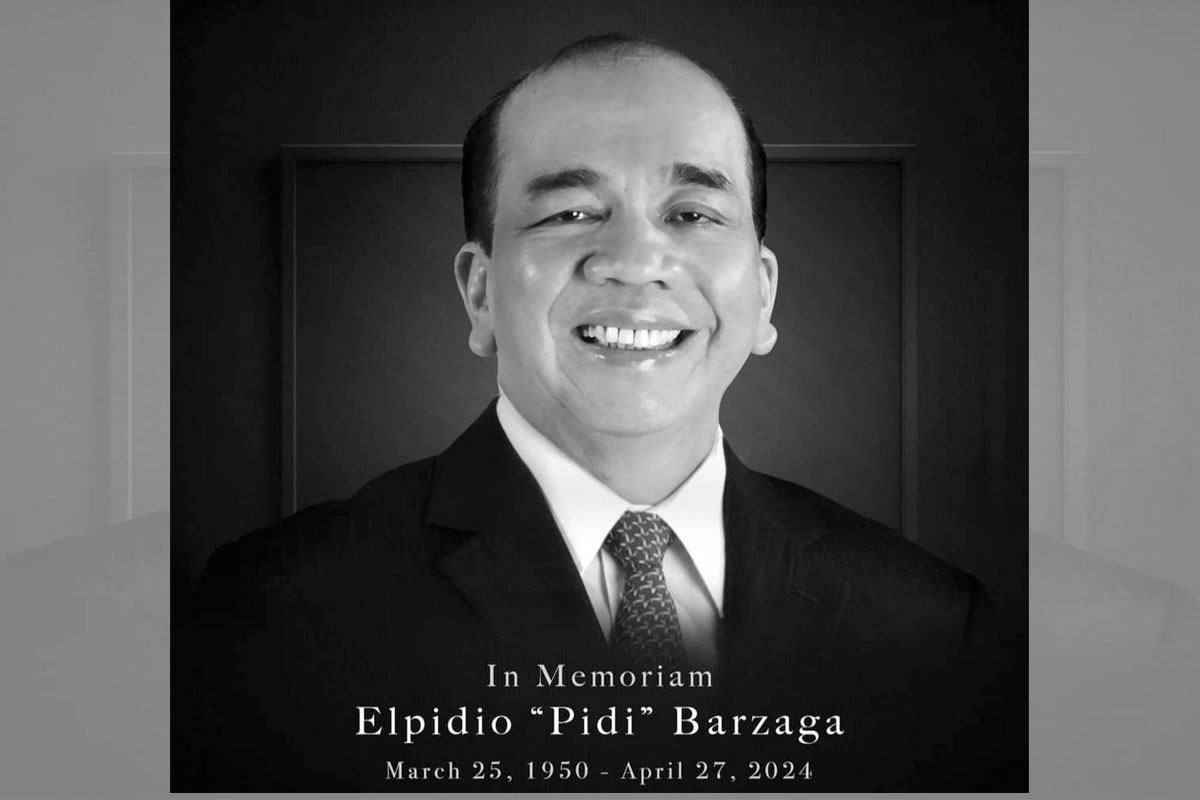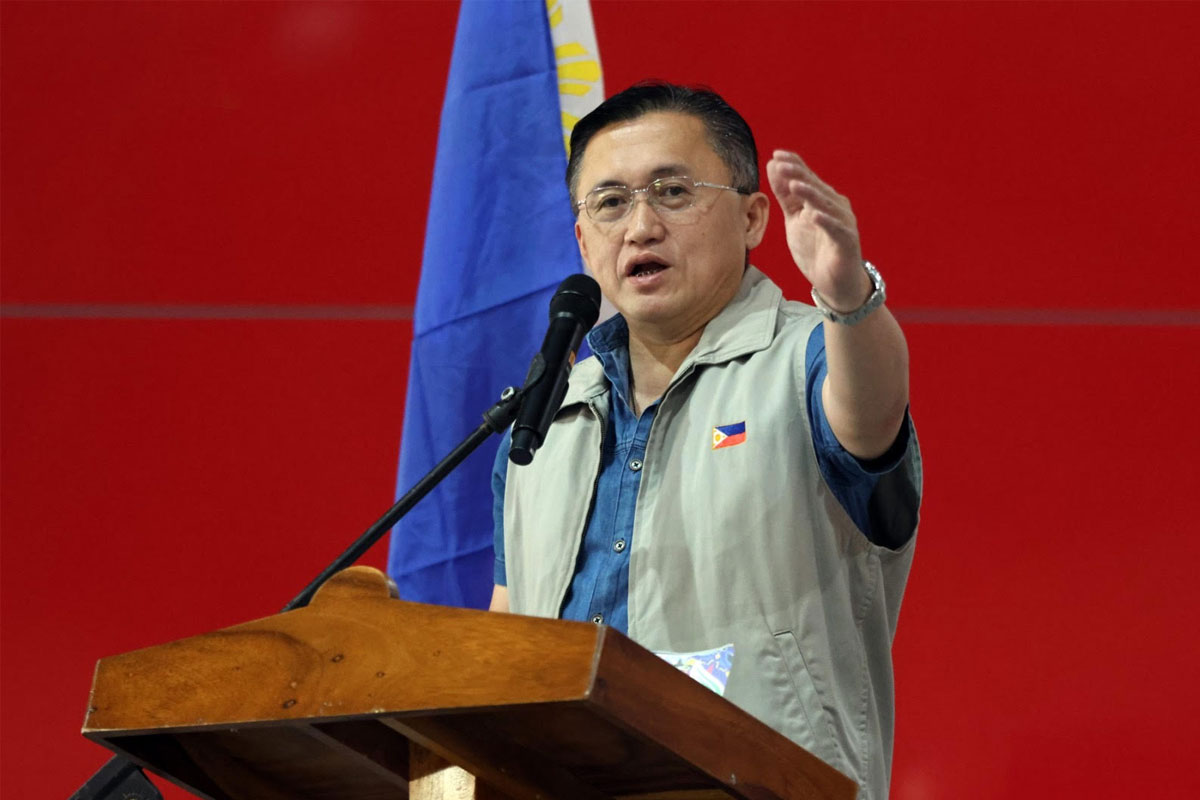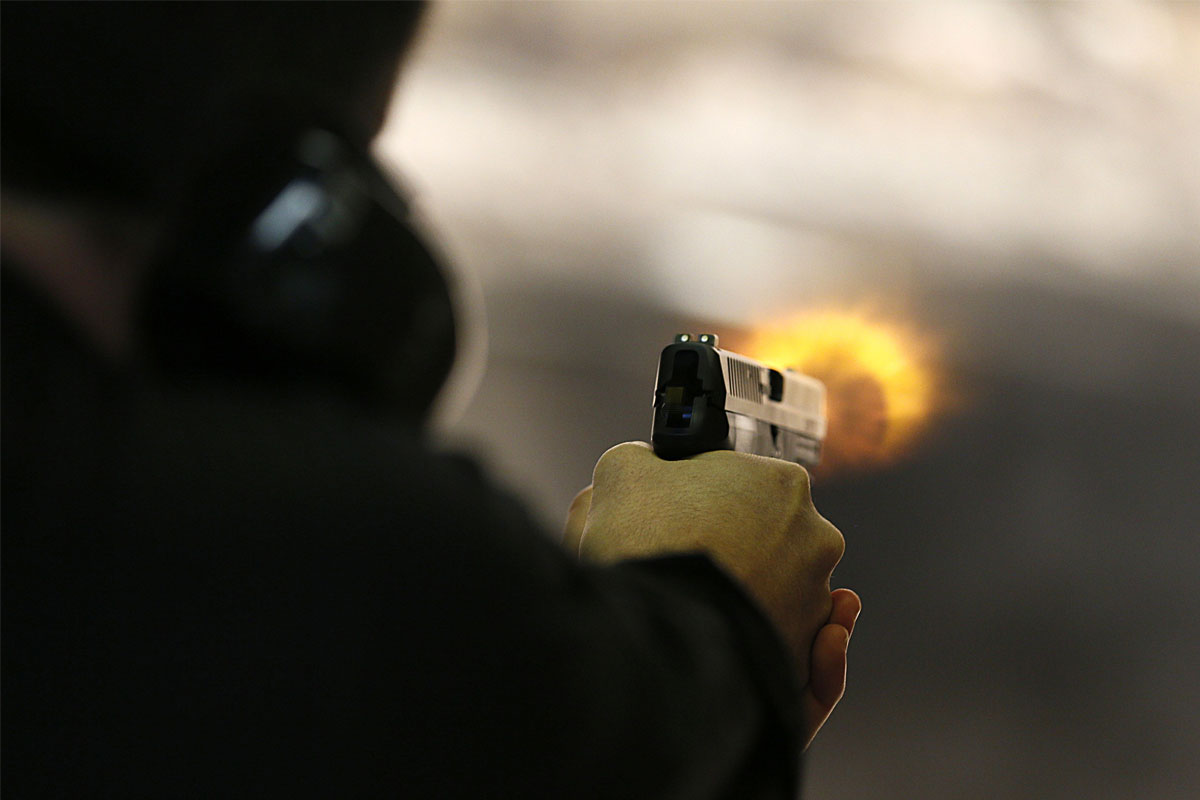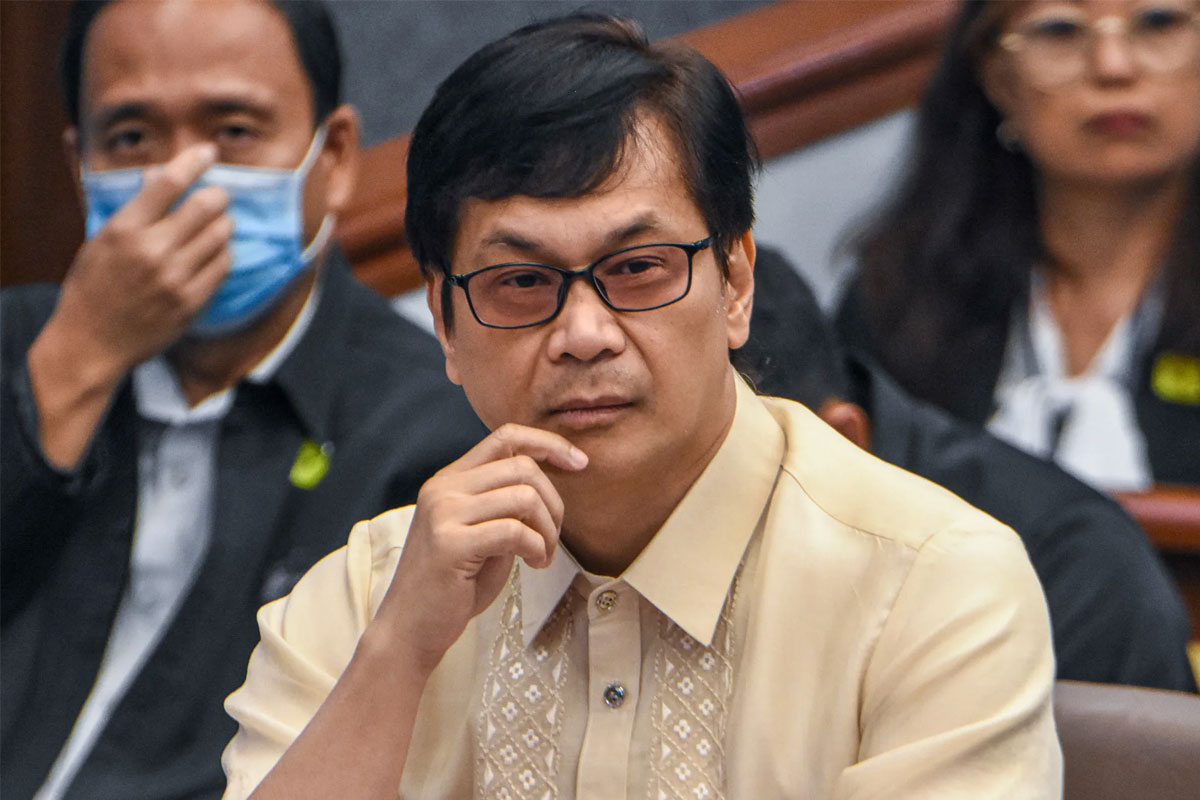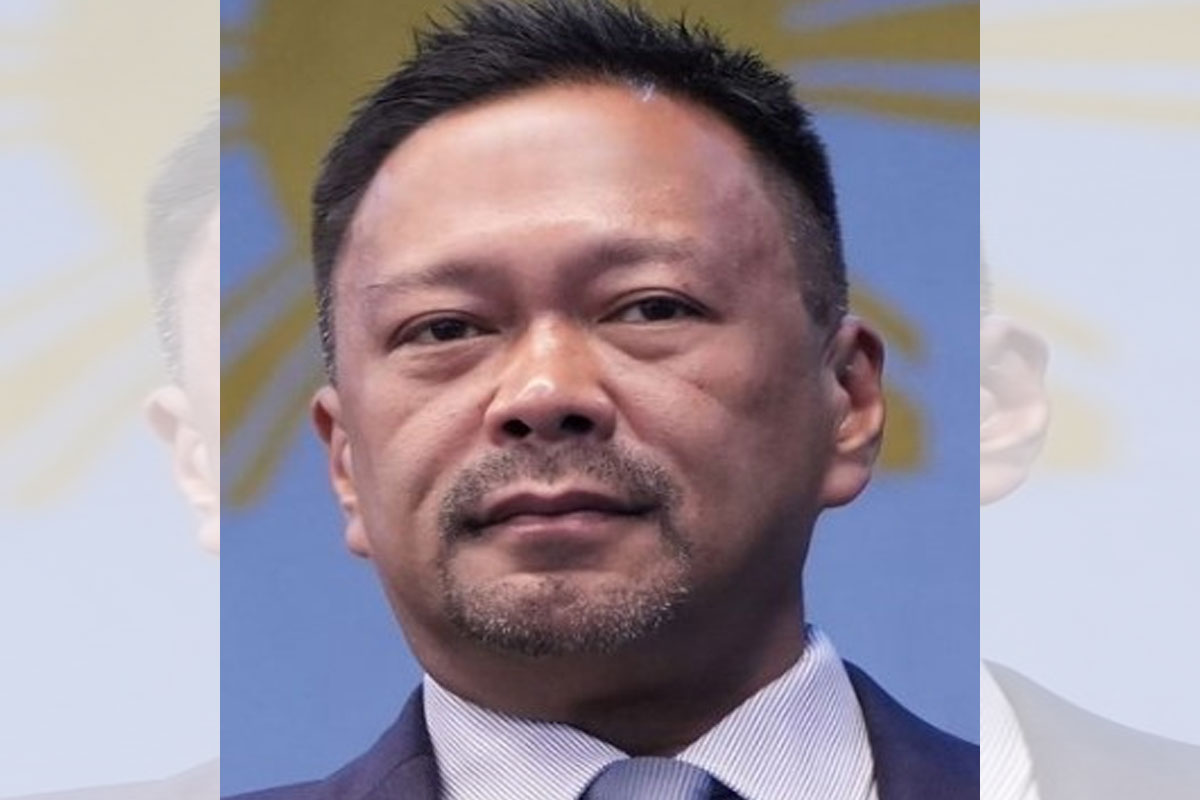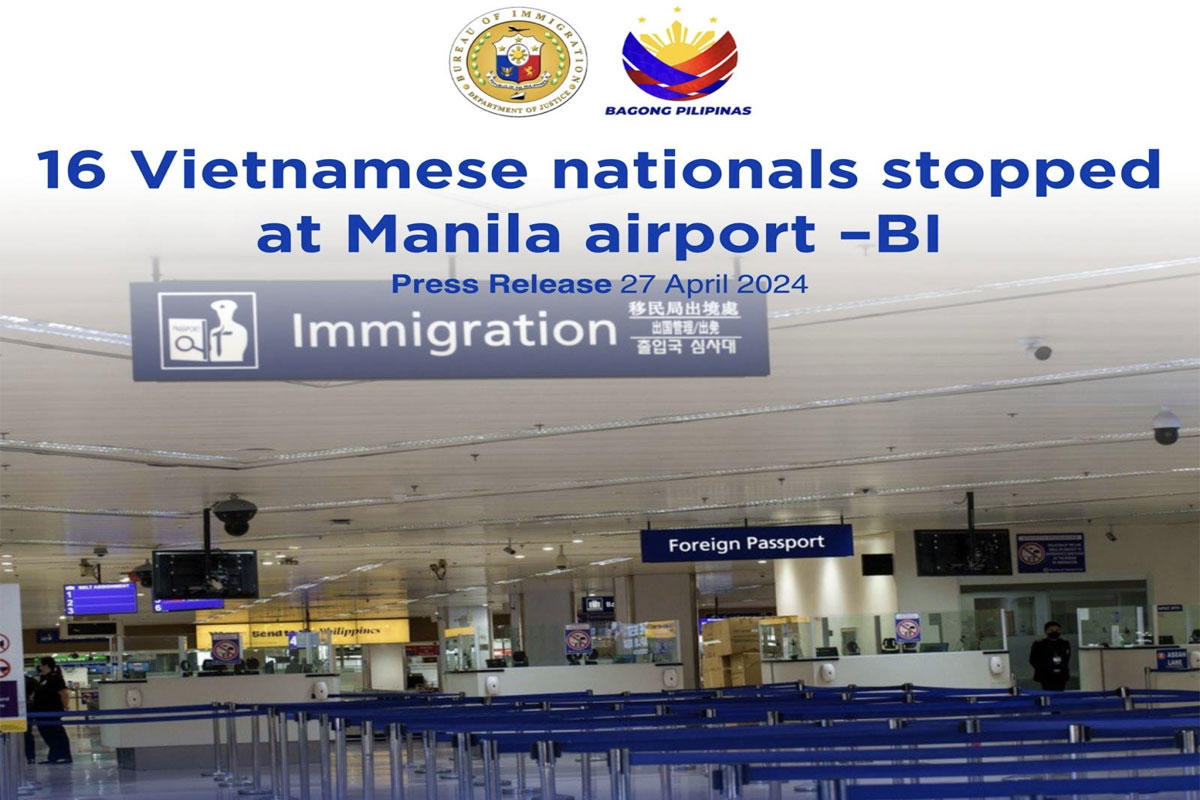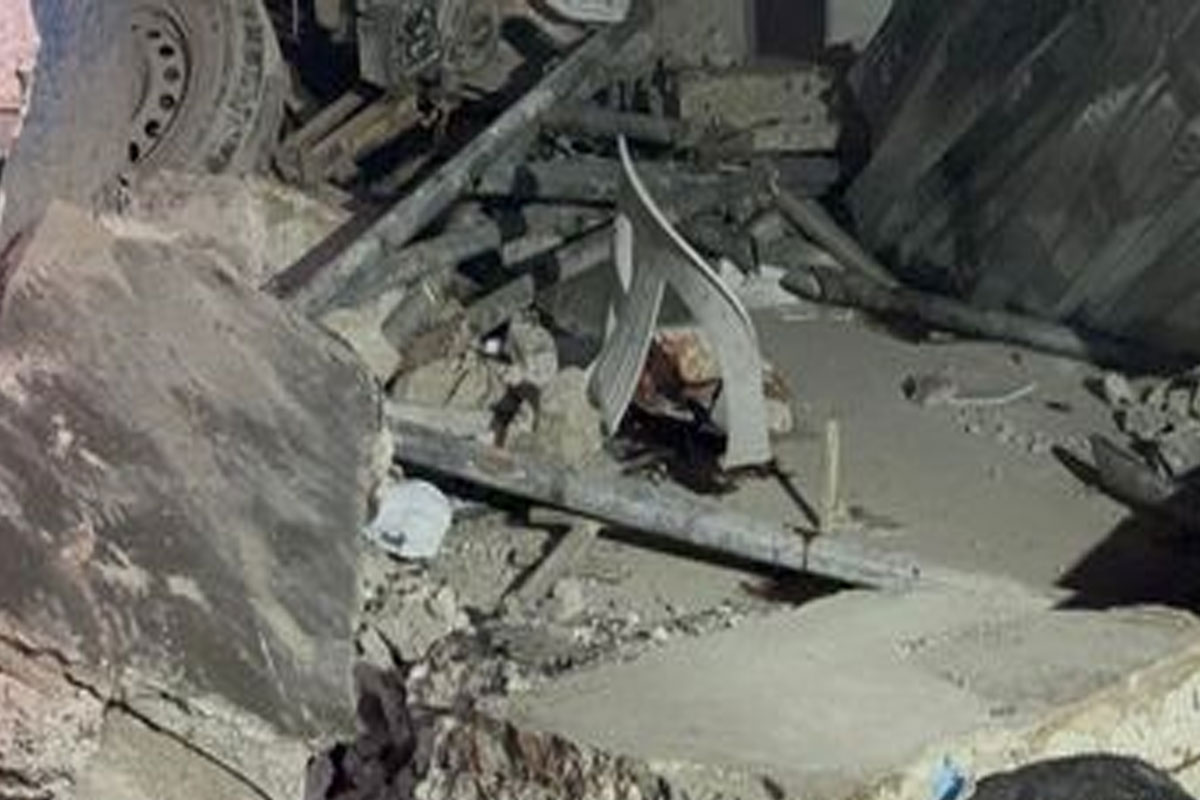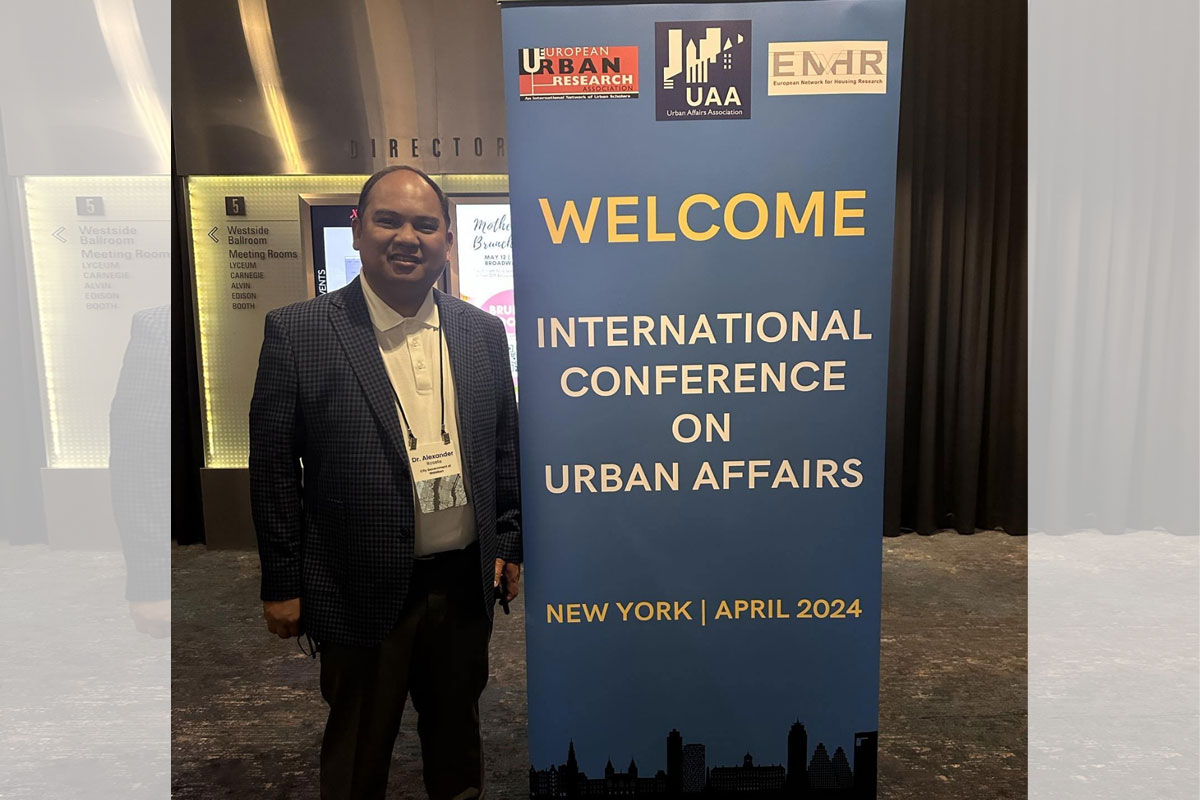
Lockdown good but ayuda a must — solon
GRANULAR lockdown is a good idea but financial assistance is a must for those affected households.
Rizal Representative Fidel Nograles expressed support for the national government’s plan to pilot test granular lockdowns in Metro Manila.
“This is a good step in balancing public health and the economy. We believe that the success of this strategy will be dependent on two things, the no nonsense and strict implementation of hard lockdowns, and the provision of sufficient ayuda for families that will be affected,” Nograles said.
Nograles added that unlike an Enhanced Community Quarantine (ECQ) that totally disrupts the economy of the National Capital Region and requires a very large amount of money for financial assistance, the granular strategy is a wiser choice as it is less disruptive.
“We are hoping that our medical experts will be hands-on in advising our local governments in identifying areas for granular lockdowns. With a carefully targeted quarantine approach, we can focus our limited manpower and resources to where it is extremely necessary,” he explained.
Nograles, who is a member of the Metro Manila Development Committee in the House, also looks forward to seeing the effects of the NCR pilot of granular lockdown measures in handling the spread of COVID-19.
“We are hoping that this will be effective and determine whether this strategy can also be applicable to localities near NCR, such as Montalban and other surrounding towns,” he stressed.
“We believe that our countrymen are willing to cooperate as they know that the sooner we are able to manage the pandemic, the lesser and shorter the effect will be on their lives. Let us help them comply with granular lockdowns by giving them the most assistance we could offer,” the neophyte solon said.
Business sector backs LGU-led granular lockdownS
The shift of the National Capital Region (NCR) to implement “granular lockdowns” or localized strict implementation of restrictions led by the local government units in Metro Manila gained support from the business sector.
“We agree with the government’s move towards granular lockdowns, which will be a data-driven approach to halt COVID-19 spread. It is the time that we try new approaches, and clearly this is the time when we need to learn to live with COVID-19. This will be around for quite some time and if we don’t learn to live with it, then we’ll lose the war.
“This is the reason why I am proposing to test the ‘bakuna bubble.’ This is the same approach that the government is taking now. With granular lockdowns, our bakuna bubble starts with the family bubble by getting them all vaccinated. We can get rid of the business bubble by having all of our employees vaccinated, and of course the transport sector as well by getting all frontliners vaccinated,” said Presidential adviser for Entrepreneurship and Go Negosyo founder Joey Concepcion.
The granular lockdowns to be implemented in various LGUs in NCR are a step forward due to local chief executive’s familiarity of the areas they already handle, he added.
“We expect greater participation from local government heads in this effort as they fully know the landscape much better. The barangay chairmen play a key role in the success of the granular lockdowns. The success of these sectors getting vaccinated relies on the barangay captains. The parents will lead the family bubble while the CEOs and entrepreneurs will lead the business bubble.
Attaining a minimum of 90 percent fully-vaccinated Philippine bubble will prevent our hospitals from being overwhelmed as the percentage of fully-vaccinated people being confined in hospitals is at about 30 percent and the chance of getting to the ICU is very minimal,” he pointed out.
The localized approach to contain COVID-19 spread was also Concepcion’s proposal to President Rodrigo Duterte after their meeting last year.
He explained that the implementation of granular lockdowns can go side-by-side with the measure he has proposed to prevent the unvaccinated from contracting subsequent COVID-19 infections.
On September 13, Concepcion and MMDA chairman Benhur Abalos are expected to lead another town hall meeting with the private sector to discuss how granular lockdowns can efficiently be maximized to fight COVID-19.
WHO SUPPORTS LOCKDOWNS, CALLS FOR BETTER COVID DATA
The World Health Organization supported the government’s decision to impose granular lockdowns to prevent the further spread of COVID-19 but reminded that the Philippines has to have better validated data.
WHO Country Representative Dr. Rabindra Abeyasinghe said moving from a very stringent quarantine to more relaxed quarantine to very granular lockdowns, is something that the WHO advocates and supports, however, the granular lockdowns should be prompted by accurate and up-to-date data.
“It is critically important that we have validated up to date information on patient numbers, testing, positivity rates, on severity of disease, on the clusters of cases. Where are the clusters? Where do you do the granular lockdowns? Because oftentimes we hear of granular lockdowns happening where people are residing with no investigation where transmissions are happening. It is important to focus on where transmission is happening,” he stressed.
Abeyasinghe stressed the need to strengthen the country’s contact tracing system, which he said is the weakest link in the Philippines’ COVID response efforts, since accurate data can only be generated through good, strong contact tracing.
Malacanang announced on Monday that Metro Manila will be under general community quarantine from September 8 to 30, but granular lockdowns will be pilot tested beginning today.
The National Capital Region was previously placed under enhanced community quarantine, the strictest quarantine classification, from Aug. 6 to 20 amid the surge of the more infectious Delta coronavirus variant.
The quarantine classification has been downgraded to modified ECQ (MECQ) which will be in effect until Sept. 7. MECQ partially allows non-essential services to operate.
Abeyasinghe said the Philippines has achieved “significant progress” in its battle against COVID-19, noting the addition of more ICU beds and the rollout of the vaccination program.
However, he said the key to combating the highly transmissible Delta variant, which is becoming the dominant variant of the coronavirus globally, is to inoculate as many people as possible and to expand the capacities of healthcare facilities.
The WHO country representative added access to oxygen must be ensured and the country should further increase its testing capacity.
The Philippines on Monday logged its highest number of cases since COVID began with 22,415 new COVID-19 cases, increasing the country’s total caseload to 2,103,331. With Lee Ann P. Ducusin


